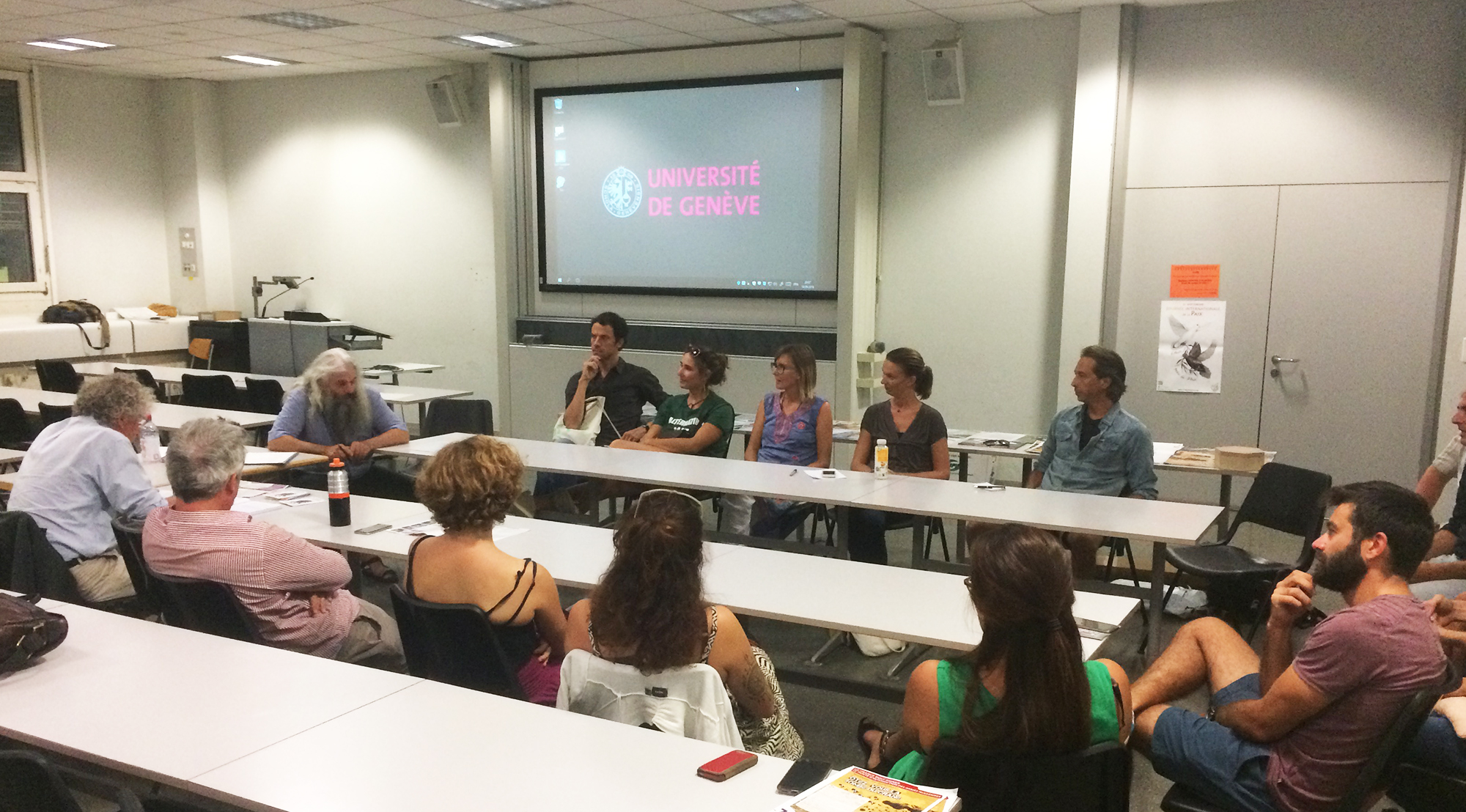Everyone has the right to participate in the construction of peace, to learn how to live in peace and to bring others to live in peace. Peace is a fundamental method, prevention and non-violence if peace is at stake.
A cultural and educational vector, peace is lived by most people without having its value or quest, without a commitment for it being always expressed. Yet the entire population is concerned.
Peace is the subject of numerous political debates: on means and ends of security, on the use of armed force or of non-violence, on prevention and reconstruction, through fundamental rights, democracy and development for sustainable or resilient societies. All human activities are concerned.
Professionalization of peace is essential. Through fundamental research and interactions with society, professionals introduce peace and its methods in our cultures and into the political agenda and in the social and legal long term infrastructures.
Professionalization also has its flaws. It must be inclusive and include citizen engagement. It should not focus on conflict only and fail to work for peace itself: a value and a vector of happiness necessary for personal and global balance. And resources for peace are still scarce, professionalization is expensive and some of these resources will also have to go to grassroots organizations.
Apred practices a global vision of peace: From fundamental research (long-term peace infrastructures: peace and constitution, the human right to peace, non-militarization), UN activism (right to life, presence of peace in universal periodic reviews), coordination of grassroots organizations (Collectif Romand Peace and Non-Violence) and individual support for soldiers and conscientious objectors.
Be it through personal or professional engagement, peace is universal.


